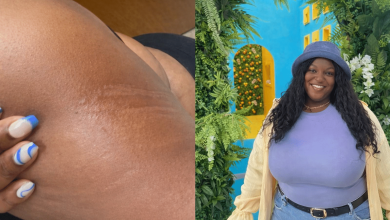Stop Scratching! Try These Natural Remedies for Itchy Scalp
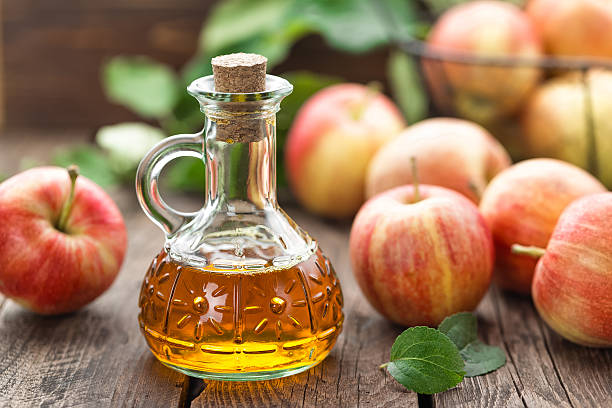
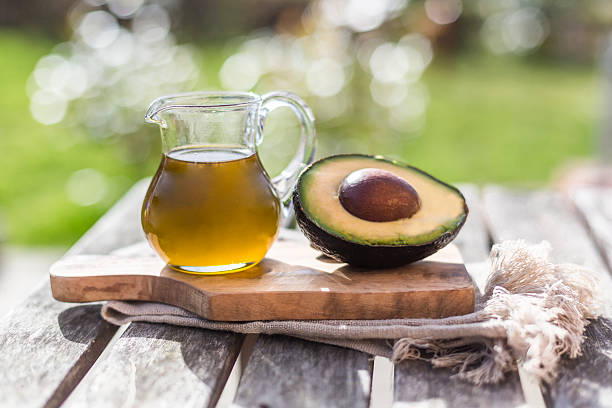
While fewer Blacks are diagnosed with psoriasis than other ethnicities, the condition still causes some concern. That’s because the condition’s characteristic lesions and rashes can present differently on Black skin. These differences can make it difficult to diagnose in Black people, which in turn leads to many people dealing with psoriasis on their own. To make matters worse, psoriasis doesn’t only affect the areas you can get to easily. Many people with this skin disorder have to contend with an itchy scalp while trying to keep their hair healthy. If that sounds familiar, here are a few ways you can effectively deal with that issue at home.
1. Baking soda
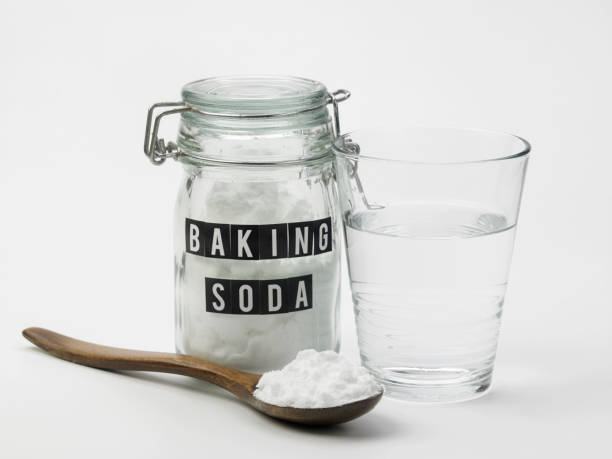
With this simple treatment, you only need one tablespoon of baking soda in a small glass of water. You can use a cotton ball to apply the solution directly to the affected areas or pour it all over the scalp. You can use it as often as necessary to alleviate an itchy scalp.
2. Aloe vera
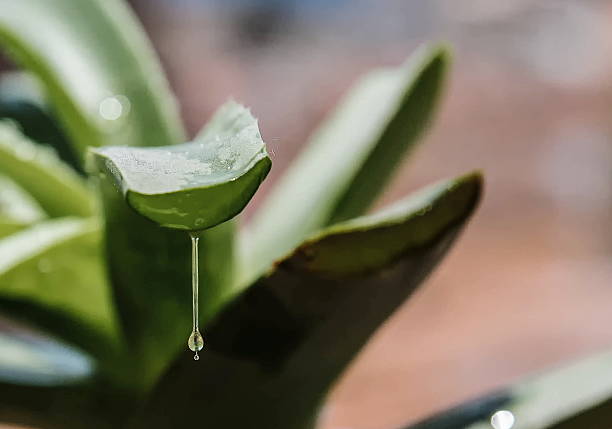
The aloe vera plant has been shown to be effective at soothing itchy skin as well as healing irritation. Products that contain as little as 0.5% of the plant will be helpful but if you can get aloe vera, that can work as well. Use the gel from the plant on your scalp and wash your hair thoroughly afterward.
RELATED: It’s Not Dandruff, It’s Psoriasis!
3. Apple cider vinegar

Whether diluted or not, you can pour apple cider vinegar on your scalp to alleviate the itch. Allow it to dry then wash your hair thoroughly. Make sure there is no broken skin, though, as the vinegar will burn and cause irritation in that case.
4. Turmeric
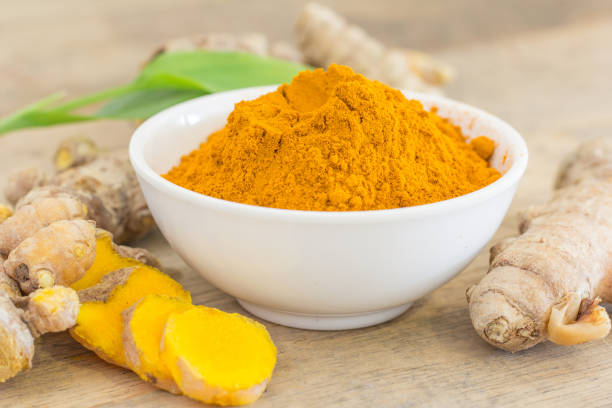
The anti-inflammatory benefits of turmeric come from ingesting it rather than applying it to the affected areas. You can add the natural herb to your diet but supplements may work just as well.
Q&A: How Do I Get Rid Of Scalp Psoriasis?
5. Oatmeal

Oatmeal has well-documented soothing properties when it comes to irritated and flaking skin. In this case, it’s recommended that you add a cup of raw ground oats to a warm bath and soak your scalp for at least 15 minutes.
6. Epsom Salts
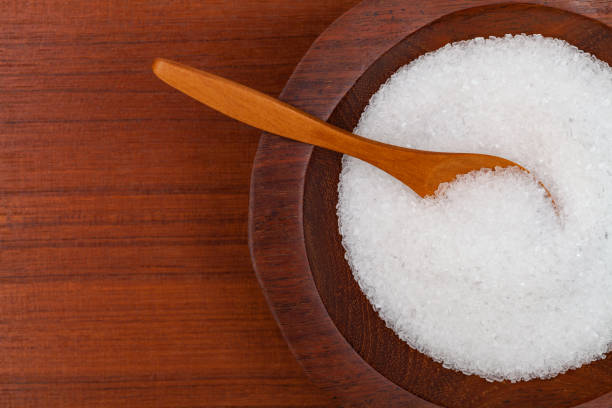
Adding Epsom salts to your bath water is another option. After soaking your scalp for at least 15 minutes, you should feel some relief from the persistent itchiness. It’s advisable to use a good moisturizer after this soak.
7. Tea Tree Oil

Tea tree oil may have some anti-inflammatory and antiseptic properties that can help with an itchy scalp. You can either use hair products that contain the oil or use a bit of the oil itself. Bear in mind that some people have an allergic reaction to the product though so test it on a small area of your skin first.
8. Oregon Grape
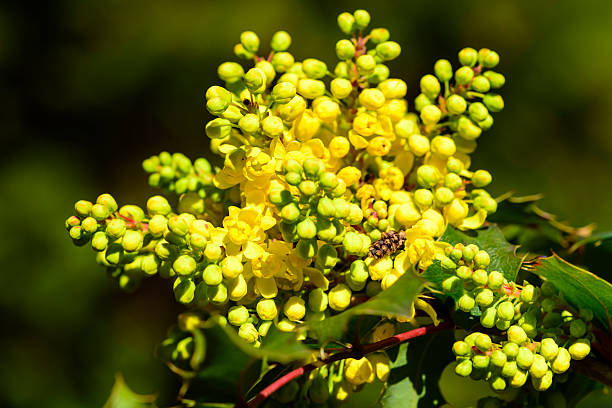
While more research is needed, it’s been suggested that the Oregon grape plant can affect the body’s immune response. This property might be helpful for an autoimmune disease like psoriasis. It’s a good idea to look for products that contain at least 10% of this plant.
9. Coconut or avocado oil

These oils contain fats that are great for healthy skin. You can rub a few drops onto the scalp and let it sit for 20 minutes. Afterward, wash your hair as you normally would.
Scalp Conditions: Treatments & Causes
10. Garlic

Garlic is highly anti-inflammatory so combining the pureed product with aloe vera gel can effectively soothe an itchy scalp. Leave the combination on for 15-20 minutes then rinse your hair thoroughly.
Why It’s Important To Get Diagnosed
Though natural remedies might alleviate some of your symptoms, they’re not enough to address the underlying condition. Psoriasis may be obvious on the surface but its cause is internal as it’s an autoimmune disease.
The best way to keep the condition under control and manage flare-ups is to be officially diagnosed and stick to the medical regimen that your doctor prescribes.
For Blacks, it’s equally important to find a dermatologist who has some experience with treating Black skin. As mentioned previously, the symptoms can look different than other ethnicities and as such may require a more personalized approach.
Additionally, a knowledgeable dermatologist will be able to take your hair needs into consideration when making treatment recommendations.
It’s always best to seek a doctor when dealing with psoriasis so you can get the right treatment program. However, it’s a good idea to have a few effective go-to natural scalp remedies on hand as a backup. Using both methods can result in a meaningful way of managing the condition.

